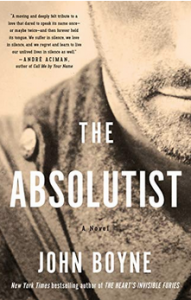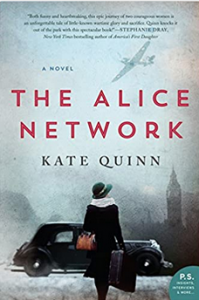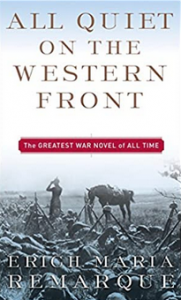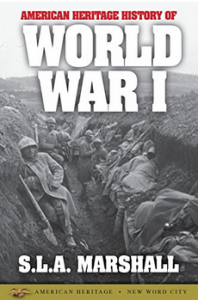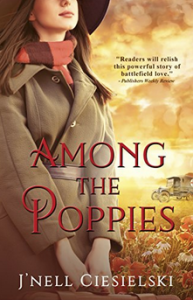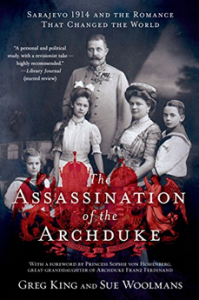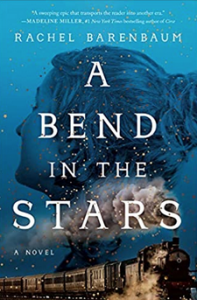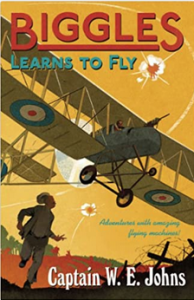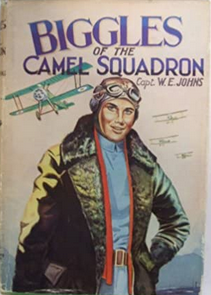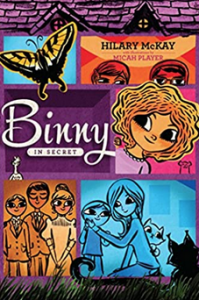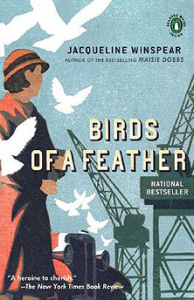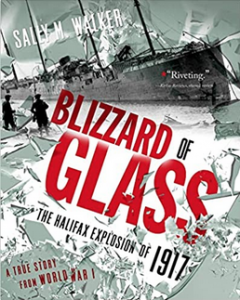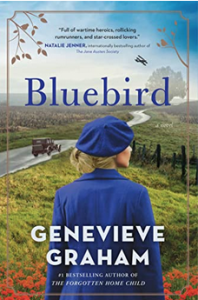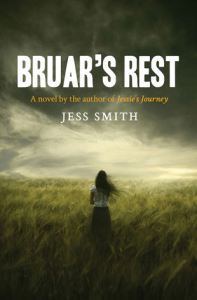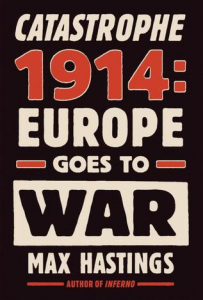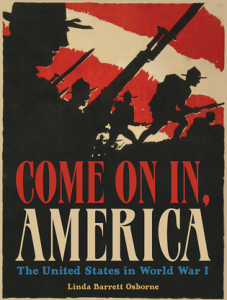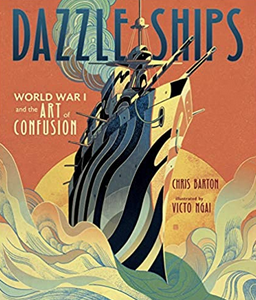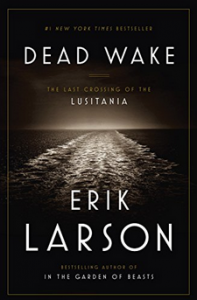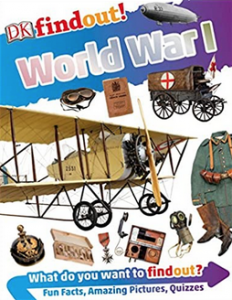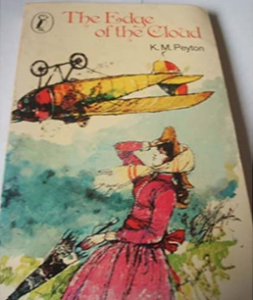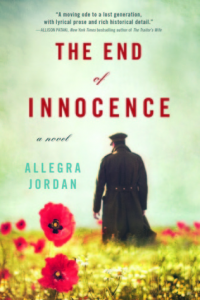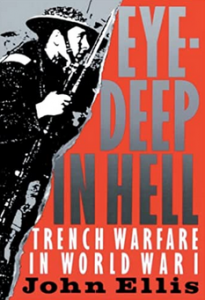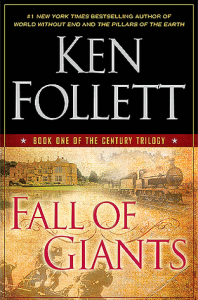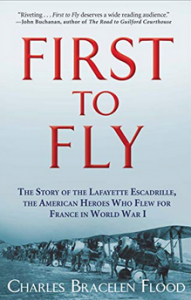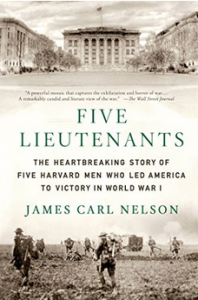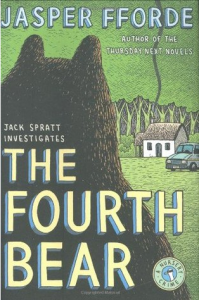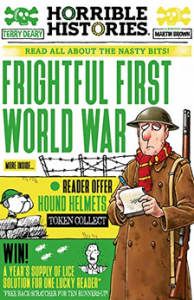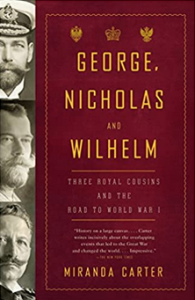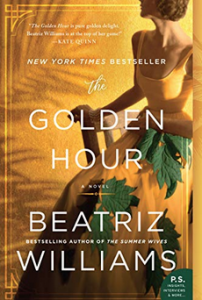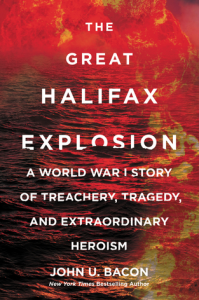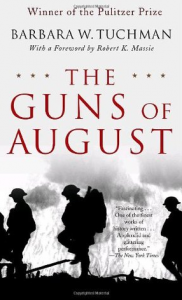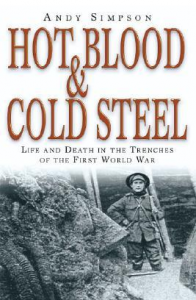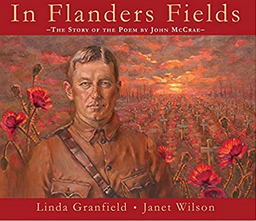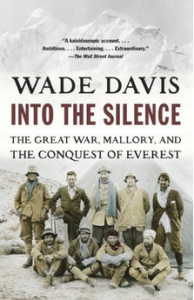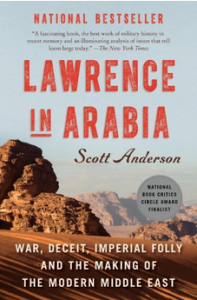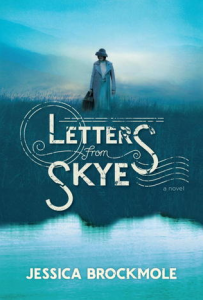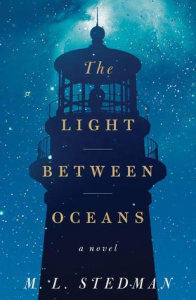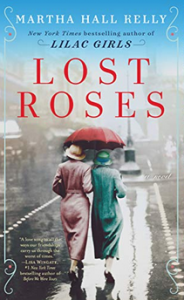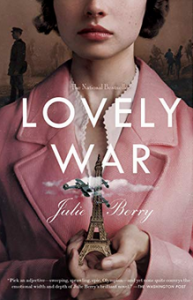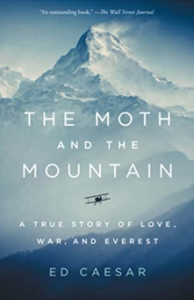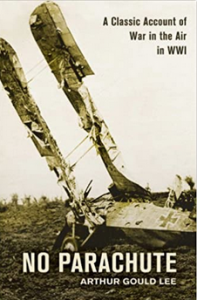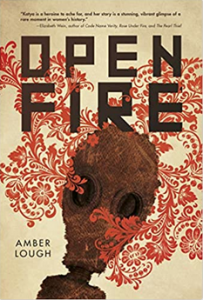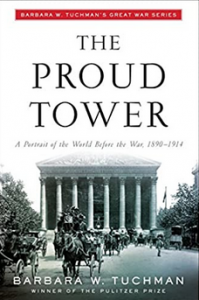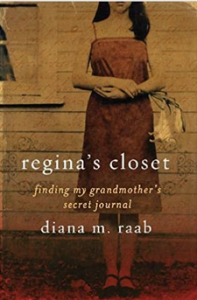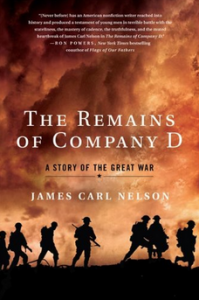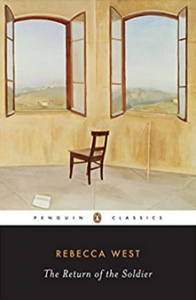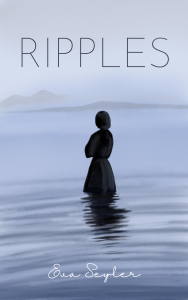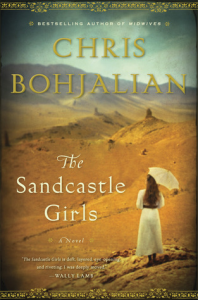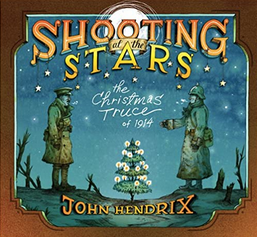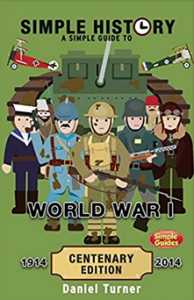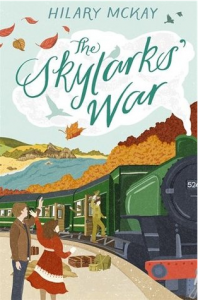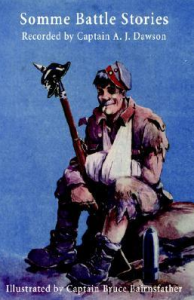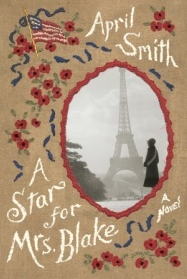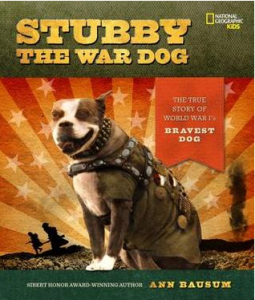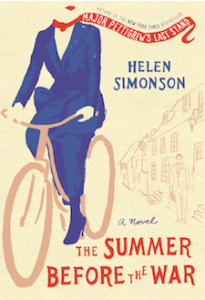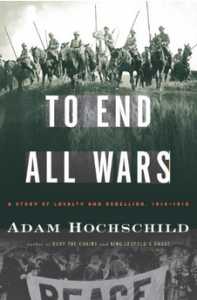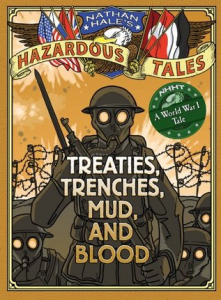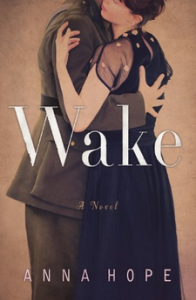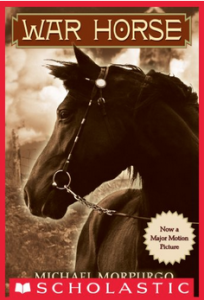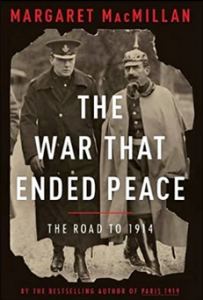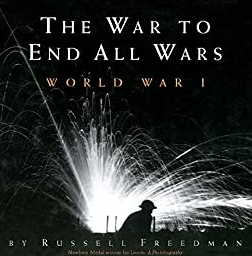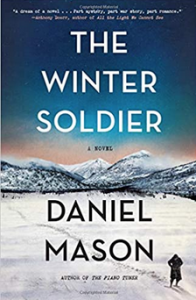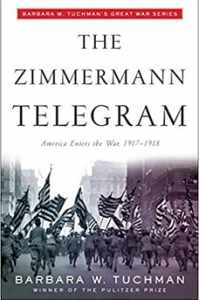WWI Book List
This page is an ongoing effort as I continue to read more books, and will include all WWI-era relevant books I read.
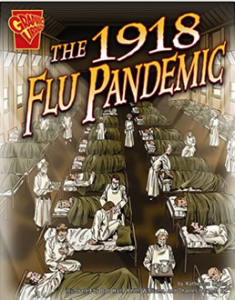
OK, admittedly this is a LITTLE peripheral to WWI, but I’m including it because it does talk about how it affected the soldiers. It’s a graphic novel for kids and I really enjoyed it, thought it was a great introduction to an awful period of history.
***
The Absolutist
I LOATHED The Boy in the Striped Pajamas and I started reading this one before I realised who the author was. I loathed this book, too, and now am super stoked to not ever read any of his other books.
It’s not just me being hateful here, either. It’s just, objectively, a Really Awful Book. The dudes are gay and incredibly dysfunctional and one of them is big time manipulating the other one and it’s just… ew. It’s one thing to read about a bad relationship if something good comes out of it, but NOTHING GOOD COMES OUT OF THIS RELATIONSHIP IN THIS BOOK. Vomit emoji, do not recommend, yuk, so bad I won’t even bother with an affiliate link on this one.
***
I. Loved. This. Book. The reader of the audio was fantastic (aside from my perhaps petty complaint that she didn’t pronounce Evelyn the British way). Spies, Scotsmen, snogging, the things that make my heart flutter, this has it all. I love the author’s attention to detail. The author’s note wasn’t included in the audio, unfortunately, but I was thrilled to get the print version and be able to read that and learn about all the history she drew from.
***
All Quiet on the Western Front
This one kind of goes without saying. It’s just about the only serious, well-known literary work out there that deals with WWI from the German perspective. I was super moved and impressed by it as a teenager (or early 20s, I honestly don’t remember when I first read it). The translation by Wheen is my preferred one.
***
American Heritage History of WWI
This wasn’t the most riveting read, BUT it was very thorough in a flyover sense, and I’d recommend it for someone who wants a history that touches on pretty much everything that happened.
***
“Skin that looked like it was carved out of cream.”
That’s an actual line from this book.
It wasn’t a horrible book, it was just… rather far-fetched and stretching plausibility as far as plot goes. It also felt like it wanted to be Christian histfic but didn’t ever come out and just clearly mention that the characters are Christian?? Think “headstrong girl who wangles her way into a private ambulance unit in France”. It felt very formulaic…
***
The Assassination of the Archduke: Sarajevo 1914 and the Romance That Changed the World
I absolutely loved this book. Max Hastings in Catastrophe 1914: Europe Goes to War (see below) called Vienna the “global pinnacle of snobbery” and this book made me understand why. It also gave personality and sympathy to the man and wife whose murder set off the war.
***
I still have SO many of my fellow Debut19s’ books to read, but I’m finally getting to this one! I’ve always adored this cover. Set in Russia at the start of WWI, too, which furthered its appeal to me. It’s about a Jewish surgeon and her scientist brother who is trying to do Complicated Maths Things related to relativity (I don’t understand a thing about all that, but it’s written in a way that doesn’t make my brain swim so that’s good). 🤣
***
***
***
***
I love these books’ covers, and because there is a whole slew of them, I was excited to try them, since Maisie was a nurse in WWI (the books themselves are set post-war, but there are plenty of flashbacks).
Birds of a Feather was better than the first book (ie it had an actual plot). Still, not that hot. I started the third one and partway through the first chapter I said to myself, “I just can’t handle any more of this” – and moved on.
There’s so much mysticism and intuition and just…woo…about Maisie’s detective work. It feels like cheating, like she doesn’t have to use her brain to figure anything out as long as she meditates and whatever. It drove me bonkers. I do not understand how there are so many of these published and who in the world is actually READING them.
***
Blizzard of Glass: The Halifax Explosion of 1917
***
This one was in the “modern-day character finds historical item” dual timeline trend that seems super popular at the minute. It was okay. I admit I am SUPER hard to please when it comes to adult historical fiction, though. If I really love it, I will yell about it at every possible opportunity. So … basically my “it was okay” probably will be 90% of other people’s “FIVE STARS WOO!”
Anyway, this is about a war nurse and two brothers who start a bootlegging operation after the war. I admit it was as much the Prohibition plotline that intrigued me as the WWI plotline.
***
I have a Scottish Traveller character in The War in Our Hearts (he wasn’t originally a Traveller, he was sort of a Generic Character, until someone said “dude, MacFie is a super stereotypical Traveller name” and it snowballed from there.) I used the name because my Scottish ancestors were MacFees.
Anyway, so you can imagine my excitement to learn there was a novel about Travellers set before, during, and after WWI, written by a Traveller. Parts of this book were dark and unsettling to me, not going to lie, but it was a good story, and an invaluable resource for my research.
***
Catastrophe 1914: Europe Goes to War
***
Come On In, America: The United States in World War I
This was a great overview of America’s part in the war. I love YA history books. So many pictures and quick to read.
***
Dazzle Ships: World War I and the Art of Confusion
***
Dead Wake: The Last Crossing of the Lusitania
I had really known nothing about the Lusitania or its sinking’s impact on the world, aside from a vague “it happened and the US got mad or something”. Really engaging. I love Larson’s writing, and Scott Brick (the narrator of the audiobook) is a favourite reader of mine. There is a lot fascinating insight into U-Boats and what it was like to be on them. (I would not want to be on a U-Boat.)
***
Great intro for kids!
***
***
I liked this book because it was an unusual premise: a German student at an American university having to leave his studies to go fight for Germany, and his girlfriend’s fight to have him honoured after the war at said university. The last third or so lagged a bit IMO. The cover is gorgeous.
***
Eye-Deep in Hell: Trench Warfare in World War I
This is full of fantastic, practical-life information about life in the trenches. Among other things, it answers such questions as: How long did it take to get mail? (The mail system was very efficient.) What kinds of food did the men get? (Tinned beef and plum-apple jam and super hard biscuit were staples.) Did anyone ever wake up with rats sitting on them? (Yes.) The many pictures are not very well-reproduced, a bit like bad photocopies at times, but fun to look at all the same, and invaluable to my research for my own novel.
***
I rolled my eyes SO MUCH.
In fairness, this was clearly a thoroughly researched work. There was a lot that I found genuinely interesting in it. The approach of the various nations and the layers of What Was Going On was great, especially in Russia where WWI and the Bolshevik Revolution were simultaneously simmering. But there was so much soap opera about it too. I didn’t really LIKE most of the characters, with perhaps the exception of Billy Twice, and listening to a 30 hour audiobook about characters you don’t care about is kinda hard. HOWEVER, I know there are plenty of people who genuinely like this book a lot, so remember this is just my opinion and you don’t have to take my word for it.
For your entertainment, here are my comments to a friend as I slogged through (**SPOILERS**):
-So I am listening to Fall of Giants. I kind of like it but kind of also like O_O IT’S FREAKING 30 HOURS LONG
-I am mostly just doing it because it is one of the very few WWI era novels. I feel like it is all going to end with everyone dead or miserable.
-I can’t get over the bit where Maude gets her dude off AT THE OPERA. like… aside from the fact that they were with other people he’d literally walk off looking like he wet himself. Conveniently and frustratingly this was never addressed.
-Of course there is the token gay dude.
-Oooh, the earl’s wife is pregnant. Maybe it will be a girl and the housekeeper will have the boy. Or else wife will have another miscarriage. Women miscarry so appallingly easily in books. Also they become impregnated so easily. They just happen to be constantly fertile. Dear dude authors, pls stop projecting ur limitless fertility on ur girl characters.
-I cannot believe I am only like 1/3 through this.
-Condoms totally existed at the time, so why was the earl not being sensible. I mean, if he HAD to fork his housekeeper…
-Oh yaaay Ethel had a boy but so did the wife. I guess all these women have to lavishly procreate to keep the series going aye
-Is Lev going to do over this Olga chick BARF
-Now he has to marry her because—shock—SHE PREGNANT. But it does say Lev used condoms sometimes, so there’s that?
-Wait so supposedly earl fitzherbert’s wife had a boy but I THINK SHE IS LYING
-Wait so fitz just got shot HE BETTER NOT BE DEAD I WANTED BILLY TO BEAT HIM TO A PULP
-Oh yay the earl is trying to seduce ethel AGAIN. she needs to marry the nerdy librarian dude.
-still plugging away
-3 hours left of this book
-I kind of love Billy Williams. his standing up to Fitz is the only thing about this book that has made me smile.
-I finally finished. the ending was pretty great. Fitz had to stand aside and let Ethel and his illegitimate son pass.
***
This book held my attention and was really interesting, but also didn’t feel very narratively cohesive.
***
This was incredibly tedious and unmemorable and I can’t believe I made it through the whole thing.
***
The Fledglings
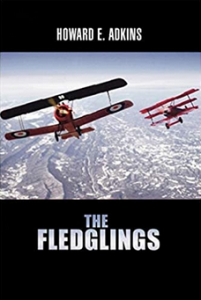
This was like reading bad fanfiction. If I had a dollar for every time a dude character made comments “in his nasal tone” or how many times the American MC was referred to as “the sandy-haired youth” instead of Luke, I could buy enough chocolate to self-medicate back to sanity. There was basically no real plot thread or point to this story. It was rambling, with lots of internal agonies from the three MCs (one British, one American, one Austrian, all young fighter pilots). The American agonises over his responsibility for the “blackened bloated corpses” (another phrase that gets used a million times) of the Germans he kills. The British dude agonises over whether he is gay. The Austrian, I honestly don’t know why he was even in the story at all, but I seem to recall he agonised a lot about flying. The romantic encounters of the young men with various females were all just awkward beyond words. The reader of the audiobook was also pretty terrible. As with The Absolutist, I simply cannot bring myself to put an affiliate link on this.
***
So this is, really, anything BUT a book about WWI, but I’m including it because in this book is a theme park called SommeWorld(tm), and I find this so hilarious that I have to put in a good word for it.
***
Bought this in the gift shop of the Gordon Highlanders museum in Aberdeen and read it on the drive from Aberdeen to Edinburgh. Its terrible dad jokes and puns really appealed to my inner twelve-year-old and it was just a LOT of fun.
***
George, Nicholas, and Wilhelm: Three Royal Cousins and the Road to World War I
Similar to The Proud Tower in that it deals primarily with the lead-up to WWI, but from the perspectives of the three great rulers of the day—King George, Czar Nicholas, and Kaiser Wilhelm. How they interacted, how their personalities and childhoods shaped the men they became, and created the disaster that was the war. I absolutely loved every minute of this book and bought a copy after finishing listening to it.
There’s a lot of humourous insight to balances the straight-up history. If it wasn’t for the fact that these guys were heads of state and therefore shaping world history, Kaiser Wilhelm particularly is just hilarious in his ineptitude, his bluster…
I learned a lot of things I didn’t know, especially about King George, because I feel like he never comes up much in other WWI histories. The Romanov tragedy and Kaiser Wilhelm being Kaiser Wilhelm tend to outshine him.
My primary beef with this book was the obvious bias the author has against Czar Nicholas. I don’t disagree that he wasn’t cut out to be a ruler of the sort he was born to be, but the author paints him (and Alexandra, too) as absolute dolts.
***
***
The Great Halifax Explosion: A World War I Story of Treachery, Tragedy, and Extraordinary Heroism
I’d never heard of this explosion, and I greatly enjoy disaster stories (okay, maybe “enjoy” isn’t an appropriate word, but you know what I mean). This was well-written and interesting.
***
This book is one of the most famous WWI works people always recommend, and I read it even though it was outside the scope of the research I needed to do for The War in Our Hearts. It was very good, very well-written, and I’ll likely be revisiting it when I get to finish a partially-written WIP whose plot starts shortly before the war begins.
***
Hot Blood & Cold Steel: Life and Death in the Trenches of the First World War
Since this post has been overwhelmingly negative (eek) I’m ending with one that I DID really enjoy. This book, along with Eye-Deep in Hell (see above), was a huge help to me in writing The War in Our Hearts. Highly recommend for anyone wanting a practical, everyday look at real life in the trenches.
***
In Flanders Fields: The Story of the Poem by John McCrae
This was a beautifully illustrated version of the iconic poem, with historical information about the man who wrote the poem and the war itself. I got this one from my library, but one of these days I want to buy a copy for myself.
***
Into the Silence: The Great War, Mallory, and the Conquest of Everest
It is really, really good. I especially love how the author makes psychological connections for some of the choices the various men talked about made/their attitudes towards things because of what they experienced in WWI.
***
Lawrence in Arabia: War, Deceit, Imperial Folly, and the Making of the Modern Middle East
This was a really great book, both as an introduction to T E Lawrence as well as to the Middle Eastern situation during WWI, about which I knew very little.
***
The readers of the audiobook had delightful Scottish accents. Honestly, I believe I only finished the book for the Scottish accents.
Adultery plotlines are not my favourite thing anyway, but this one was particularly triggery because it reminded me of a close family member who basically did the modern equivalent of what the characters in this book did, and ended up breaking up the family because of an emotional attachment they formed via email/Facebook communication. It was traumatic for me, and so I wasn’t at all invested in rooting for anyone in Letters From Skye and mostly was just irritated at the choices they were making and just…argh. Anyway.
The writing was beautiful, though. I totally was on board with the author’s style, and I’d read something else by her if the plot looked promising.
Semi-related: the narrator for LFS, Elle Newlands, also narrated a YA book (that I listened to solely for the sake of her voice) called The Fragile Ordinary, which I ended up liking a lot.
***
Oh man, where to even begin with this. The cover was beautiful, and the writing was beautiful, but the story was so unrelentingly depressing. The narrator of the audiobook was soothing to listen to, though. The relevance of this book to WWI is a bit peripheral, but it is there in the beginning and affects who the main character is quite a bit. I found myself just frustrated at all the characters’ choices, knowing that there simply couldn’t be a truly happy ending to any of this. As with Letters from Skye, I’d give this author a chance with some other book. I just couldn’t fall in love with this one.
***
***
***
Maisie Dobbs
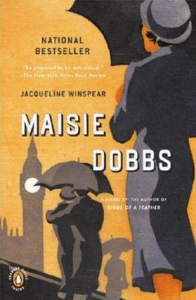
I really disliked this book, because it was less story than endless, meandering flashback. I didn’t like Maisie. I don’t care about philosophy and her pretentiousness. The writing was tedious. See also Birds of a Feather, above.
***
tbh i just really really liked this cover but it’s a very interesting book too.
***
No Parachute: A Classic Account of War in the Air in WWI
***
***
The Proud Tower: A Portrait of the World Before the War, 1890-1914
The first half of this was really gripping; the second half was meh (unless you’re really into political history, maybe?) as context for the times leading up to WWI.
***
Regina’s Closet: Finding My Grandmother’s Secret Journal
***
The Remains of Company D: A Story of the Great War
This was slightly less of a drag than Five Lieutenants, but still not super riveting. The author traces people from his grandfather’s company in WWI and uncovers their stories.
***
I understand that this was the first book on WWI to be published (in 1918). Like Wake, it deals more with the effects of war than the war itself – in this case, a soldier with shell shock manifesting as amnesia. I loved the writing style, but I found the ending a little rushed and confusing.
***
I wrote this in response to many readers of The War in Our Hearts who begged for more George. The subject of marital infidelity is a bit of a triggery one for me, but it’s impossible to write about George and not address it, so… it is what it is. I think my favourite thing about this story is Alice, because it gave me a lot more understanding of who she is that will help in another book coming down the pipeline.
***
As I’ve mused on what WWI topics to address in future novels of my own, I’ve toyed with the idea of doing something set in the Middle East – but honestly, it’s an area of the world that is very alien to me, and I’m not sure that at this point I could do it justice. So I was very interested when I found out about The Sandcastle Girls! I know of no other historical fiction novel like it.
Things I really liked about this book:
- It deals with an aspect of WWI that nobody else has addressed – the Armenian genocide.
- It tells the story frankly and emotionally.
Thing I wasn’t as fond of:
- The back and forth narration (basically a present-day descendant of Armenians learning the story of her ancestors).
- The use of third-person present tense.
I would have been happier, and this is probably just a matter of taste, by just having the historical narrative uninterrupted. That kind of literary device can be awesome, but it just didn’t work for me in this case.
However, because of the importance of the subject matter of the book, I’d really recommend you give it a read, because it’s important that we educate ourselves on a part of history that has been actively denied ever since it happened.
***
***
Simple History: A Simple Guide to World War I
***
I CANNOT SAY ENOUGH GOOD THINGS ABOUT THIS BOOK LET ME SCREAM ABOUT IT IN ALL CAPS WILL THAT DO???
NO???
Okay, so I love Hilary McKay, full stop. I’ve been excited about this book ever since I heard it was coming out and have read it twice already – first an ARC, then the UK version that I bought. I love the characters, I love the story, I love McKay’s dry quirky sense of humour, and the way she manages to write for kids (my 6 and 9 year olds enjoyed sitting in to listen when I was reading this over the phone to a friend) whilst maintaining a depth that bears many re-readings.
I just want to be McKay when I grow up, thank you for coming to my TED talk.
***
My primary beef with this one was that it was very obviously propaganda: happy, cheerful chaps recounting their exploits and heroics and stating how much they can’t wait to go back and fight some more. It was interesting to me primarily as an example of something actually printed during the war, something intended as a morale-booster. Not an accurate history; there would be time for that later. This is the kind of stuff that those left behind on the home front would have been told about what was happening.
I listened to this from LibriVox. You can download here.
***
This was kind of blah. The premise was interesting–the story of the Gold Star Mothers, about whom I’d never heard–but there were so many characters and plots going on and I wished that the author would have focused more exclusively on say 4 characters than 10 or whatever it was and fleshed them out more. It wasn’t a terrible book, it just felt like it had too much going on for too many characters, a number of whom I didn’t really care about.
***
Stubby the War Dog: The True Story of World War I’s Bravest Dog
I admit that my opinion of this book was coloured by the fact that I am Not a Dog Person. But not a whole lot stuck with me from this, and my girls were unimpressed and did not want to finish listening to it with me, so I do not think it was just me.
***
This book really should have a post of its own, but I haven’t time to re-read it just now to give it what it deserves, so I’m going to go ahead and just mention it here. It was leisurely but never dull, and it feels to me like a story Elizabeth Gaskell might have given us. The characters are varied: some are annoying, but all feel very real, and I found that by the end I had sympathy for even the ones I originally didn’t like at all. It also was my introduction to the fact that there were lots of Belgian refugees who came to Britain, a topic I plan to address myself in a future novel. I have a hard copy of this book, but it was the audio that I listened to originally, and it was fantastic.
I’d also like to just throw out there that, although there’s a lot of flak out on Goodreads and such about Summer, I actually liked it far better than her first book. Major Pettigrew’s Last Stand was good, but in my opinion, Summer surpasses it by far.
***
To End All Wars: A Story of Loyalty and Rebellion, 1914-1918
I enjoyed this one so thoroughly. It looked at WWI from an angle I haven’t seen addressed in any other book and dealt with the conscientious objectors, women, people who opposed the war, and such like. Highly recommend.
***
Treaties, Trenches, Mud, and Blood
I got this via Overdrive from my library knowing it was a kids’ book, but NOT knowing it was a graphic novel/comic, and I LOVED it. All the nations involved are represented as animals, and it explains technical things in a fun way that Very Visual Me really appreciated. My kids were very amused by it as well and since then have become big Nathan Hale fans and collect all his books as they come out.
***
This dealt more with the post-war period (the emotional distress of a mother who lost a son, a soldier with shell-shock, etc) than the war itself, and I didn’t hate it, but I also didn’t love it. It was just middling.
***
In true books-about-animals form, this story is abominably, unrelentingly sad with some sprinklings of joy. I liked it all right, but… seriously, authors, could we make an effort to write HAPPY animal stories? I’m looking at you, Rawlings, Sewell, Salten, and Knight, all of whom had devastating effects on my childhood (and adulthood) emotional well-being. I mean, War Horse (along with the abovementioned works of Rawlings, Sewell, Salten, and Knight) is well written, but but but but BUT
***
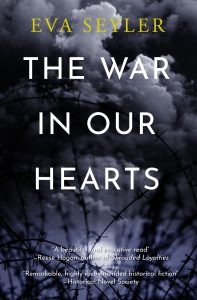
They say you should write the book you want to read because, in writing it, you’ll read it a thousand times.
I wanted more WWI fiction and I have no regrets with how this book came out. Teen girls in drag, tragedy, music, snogging, death, Scotsmen, pet cats who survive the story instead of being killed off for emotional manipulation purposes…. it’s got all that and more.
Most of all, I hope, it will remind you that love is stronger than death or fear.
***
The War That Ended Peace: The Road to 1914
This audiobook is 32 hours long and I had to check it out 3 times to get it finished. It was SO MUCH INFORMATION. But it was really well-presented and enjoyable. It covers the years from roughly 1900 through 1914, detailing the complex threads of political and cultural issues that eventually led to WWI. Pairs well with The Proud Tower (see above).
***
The War to End All Wars: World War I
To be honest, although this is on my Goodreads list of WWI Books I Have Read, I remember nothing about it???
***
I kinda had mixed feelings about this book. On one hand, it deals with the Eastern Front and the Central Powers, neither of which are addressed a lot in WWI fiction, and I loved that (the main character is Austrian). It was a very slow-moving, slow-build sort of story though – the titular Winter Soldier didn’t show up for quite some time, and it took a long time to understand why the book was titled for him. The ending wasn’t a disappointment, exactly (I don’t want to spoil it here) – but definitely not the ending that I’d been rooting for.
***
I went into this one (in early 2017) not knowing what exactly the Zimmermann Telegram was. (Boy, have I come a long way since then.) My comments at the time: “I really enjoyed it, though. World War One really gets glossed over in history books (at least in my experience!) My mom was a big WWII buff, and I definitely remember learning more about WWII in school than WWI.”
